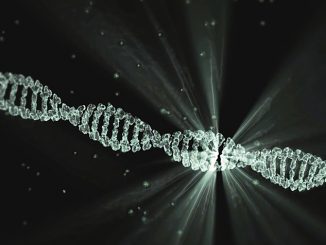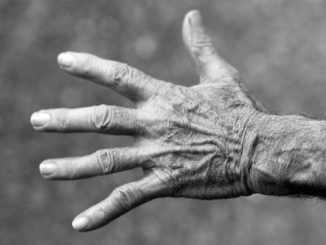In the tapestry of human existence, aging has long been accepted as an inevitable part of life. However, it’s time we confront an uncomfortable truth: aging is not just a natural process, but a devastating force that robs us of our vitality, dignity, and ultimately, our very essence.
The stark reality of aging’s impact is evident when we compare images of individuals separated by mere decades – the transformation is often shocking and heartbreaking.
Consider the most charismatic and energetic among us. Even they are not immune to the ravages of time. A span of 10,000 days – roughly 27 years – can turn a vibrant, passionate individual into a shadow of their former self. The changes are not just superficial; they represent a profound loss of physical capability, cognitive function, and often, quality of life.
Aging is an Attrocity: Same person, just 10,000 days apart. Look at what aging does even to the most charismatic and energetic of us.
Aging is the #1 cause of suffering. Those are not tears of happiness.
Its the only terminal disease that we are not trying to cure. We need to… pic.twitter.com/LiVehAt0GY— Anar Isman (@IsmanAnar) May 17, 2024
It’s crucial to recognize that aging is the number one cause of suffering in the developed world. The diseases we commonly associate with old age – cancer, heart disease, dementia – are merely symptoms of the larger problem: the breakdown of our bodies over time. The tears we see in the eyes of the elderly are not tears of joy or contentment, but often of pain, loneliness, and the crushing weight of time.
Yet, paradoxically, aging remains the only terminal condition that we are not actively trying to cure. We pour billions into researching specific age-related diseases, but comparatively little into understanding and reversing the aging process itself. This approach is akin to continually patching a leaking roof instead of replacing it entirely.
The field of rejuvenation biology offers a beacon of hope. This cutting-edge area of research aims to not just slow aging, but potentially reverse it.
Imagine a world where we could maintain our physical and mental peak for decades—or even hundreds of years longer—where the wisdom of age isn’t paired with physical decline. This isn’t science fiction; with the advancements in AI, it’s a very real possibility if we choose to prioritize it.
We must shift our societal focus and resources towards combating the atrocities of aging. The trivial pursuits that often occupy our collective attention pale in comparison to the potential benefits of extending healthy human lifespan. Every day we delay is another day of unnecessary suffering for millions.
Critics may argue that aging is natural and that extending lifespan could lead to overpopulation or other social issues. However, these concerns are short-sighted when weighed against the immense suffering caused by aging and the potential for increased human flourishing that could result from its mitigation.
In conclusion, it’s time to recognize aging for what it is: not a gentle, natural process, but a devastating condition that causes immeasurable suffering. We have the potential to change this narrative.
By redirecting our resources and attention towards rejuvenation biology, we can work towards a future where aging is no longer an inevitable decline, but a manageable aspect of human existence. The choice is ours – will we accept the status quo, or will we fight for a future where the ravages of time no longer dictate the quality of our later years?
- Bulenox: Get 45% to 91% OFF ... Use Discount Code: UNO
- Risk Our Money Not Yours | Get 50% to 90% OFF ... Use Discount Code: MMBVBKSM
Disclaimer: This page contains affiliate links. If you choose to make a purchase after clicking a link, we may receive a commission at no additional cost to you. Thank you for your support!





Leave a Reply